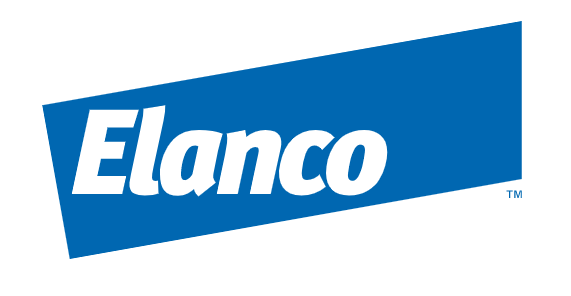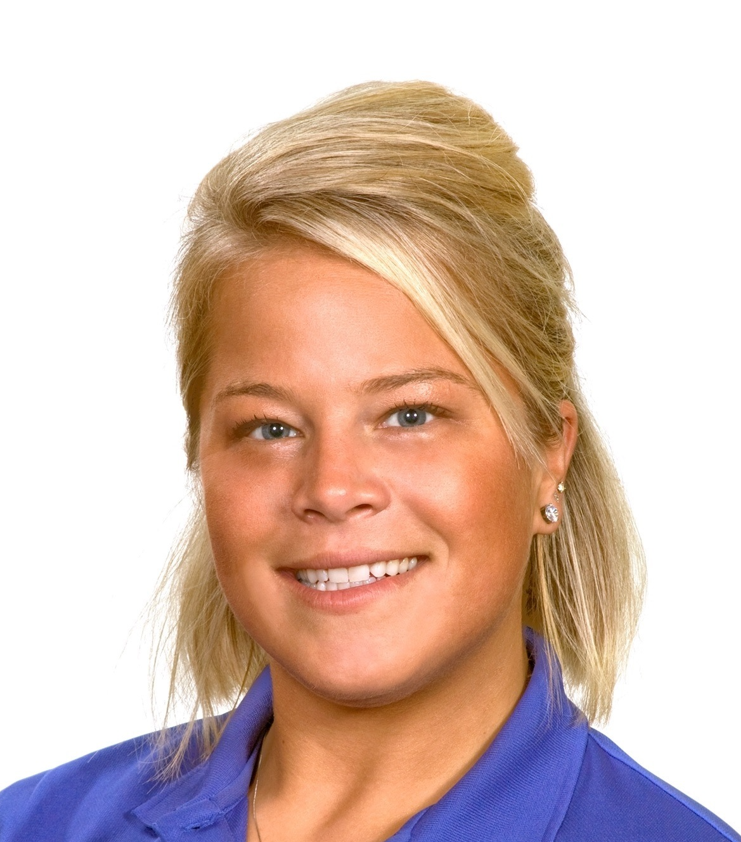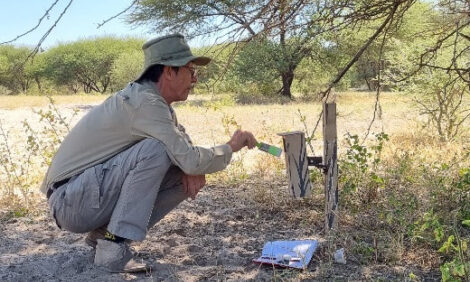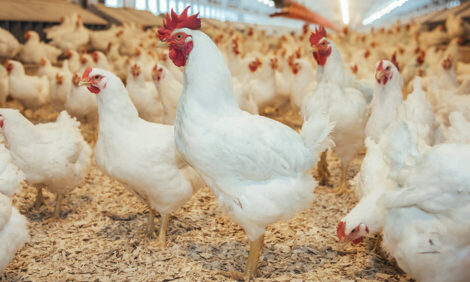



Autogenous capabilities support poultry industry needs
Autogenous capabilities support poultry industry needsAutogenous vaccines are an important poultry industry tool, providing an option to customize your vaccine program based on field challenges rather than relying solely on what commercial vaccines can provide for protection. They fill a void when:
- New disease agents emerge
- There is no commercial vaccine available
- Commercial vaccines have not helped as part of a vaccination program
Elanco expanded their autogenous capabilities to include small batch serials ranging from 300,000 to 600,000 doses to serve customers needing a smaller-than-traditional serial, such as turkey or layer producers, or those customers that require a more focused approach with a regional or complex-based challenge.
Elanco has a dedicated 9,600-square-foot autogenous facility in Winslow, Maine, with its own manufacturing team to produce autogenous vaccines.
Common Autogenous Vaccines Produced
Elanco commonly produces autogenous vaccines to address a variety of viral and bacterial disease in turkeys, layers and broiler breeders, including autogenous vaccines for type A influenza strains in turkeys. The most common organisms include:
- Viral: Adenovirus, Reovirus and Infectious Bursal Disease virus
- Bacterial: Avibacterium paragallinarum, Gallibacterium, Salmonella, E-coli, Ornithobacterium rhinotracheale (ORT), Erysipaleaux and Pasteurella multocida
Autogenous vaccine adjuvants offered include water-oil, water-oil-water and aluminum hydroxide. Elanco can also provide concentrated or 1/2 cc dose options.
Emerging Disease Issues
Autogenous vaccines are a solid solution for producing a customized vaccine in a relatively short time to address an emerging disease issue or a novel variant of an existing disease.
For example, reovirus is a constantly moving target for many poultry producers and Salmonella target serovars can vary among producers.
The Autogenous Vaccine Process
The autogenous vaccine production process is the same for large and small batch vaccines and typically takes 12 to 18 weeks.
- The customer identifies a health issue/challenge that may necessitate an autogenous vaccine
- A veterinarian collects samples from a sick bird/flock or from a posting session. Each challenge has a unique sample process, so it’s important to communicate with the Elanco autogenous vaccine team
- The samples are sent to a diagnostic lab to isolate the pathogenic agent. The lab will make suggestions on what samples may be best for producing an autogenous isolate
- The customer chooses which isolate they want to produce and discusses the details of order size, doses, emulsion, etc., with Elanco
- Elanco receives the isolates from the diagnostic facilities and begins production. The autogenous vaccine is produced in the same manner as a commercial vaccine and must meet USDA standards as a commercial vaccine for safety and purity
- A primary serial is tested and released under the USDA 3-day release program while subsequent serials are tested and released with form 2008 under USDA requirements
Selecting an Autogenous Vaccine Partner
The autogenous vaccine production process can be confusing and frustrating. I encourage poultry producers and veterinarians to collaborate with a manufacturer that can provide trust and open communication. Our role as a manufacturer is to help guide customers through the process and develop a product manufactured to the same quality standards as our commercial vaccines.
For more information on autogenous vaccine options, contact your Elanco technical consultant or visit the Elanco website for more information.
Elanco and the diagonal bar logo are trademarks of Elanco or its affiliates. © 2023 Elanco or its affiliates.
PM-US-23-0424










